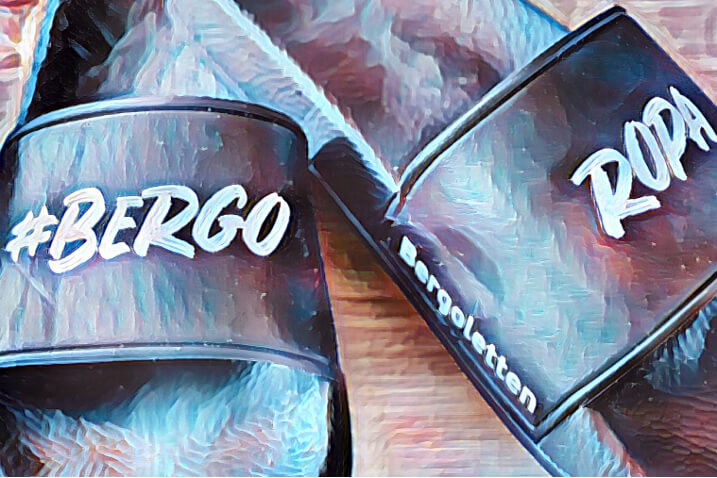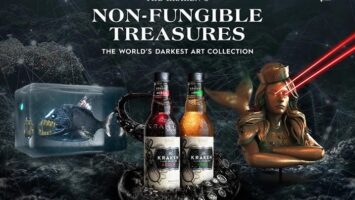SNEAK PEEK
- Stefan Berger has described his NFT as ‘Freedom in a wallet.’
- The NFT is an image of a pair of Bergoletten slides.
- The NFT is being sold on OpenSea.
German member of the European Parliament, Stefan Berger has brought a summer initiative with an aim of promoting tokenization.
Towards the end of July, he urged his followers to come forward and be a part of an auction on Opensea.
News 📢: My #NFT is out now! Join the auction of
Bergoletten-NFT on #OpenSea.Shoes were chosen as motif as every great development begins with a first #step. For me this NFT is a piece of digital #freedom in a wallet. More info here: https://t.co/yphSsayOCn pic.twitter.com/4B5rqP4ShG
— Stefan Berger (@DrStefanBerger) July 30, 2022
Berger claims to design the Bergoletten NFT, which is an image of a pair of men’s slides. Together, the pair reads #bergo ropa.
According to him, the slides are the best summer gadget and have been picked as NFT-motif with a belief that it’s always the first step that brings great development. Berger has vowed to utilize the funds to promote swimming. He has shared all these details on his website.
Berger’s NFT venture began post a considerable advance towards adopting pan-European crypto regulations. In the beginning of last month, the major participants in the Parliament, Council and Commission agreed to a deal of implementing MiCA throughout the 27-strong bloc.
Berger was involved in a decision to drop a controversial proposal; thereby, forbidding delivery of services for coins dependent on the proof-of-work mining algorithm. A lot of negative reactions were received from the texts that would have otherwise amounted to an impactful ban on cryptocurrencies, as minting them consumes ample electrical energy.
NFTs were not covered in the agreement except that they belong to prevailing crypto-asset categories. Whether separate regulations are required for tokens will be decided by European institutions.
Peter Kerstens, adviser to the European Commission on technological innovation and cybersecurity policy, said that EU legislators consider an extremely narrow opinion about an NFT. He further said that a number of non-fungible tokens will be considered similar to other digital currencies.
Kerstens, during the Korea Blockchain Week, said that European regulators will not consider a token as a non-fungible token if it is issued as series or collection even if it is termed an NFT by the issuer and every individual token is unique in the series. This indicates that cryptocurrency requirements apply for non-fungible tokens too.









